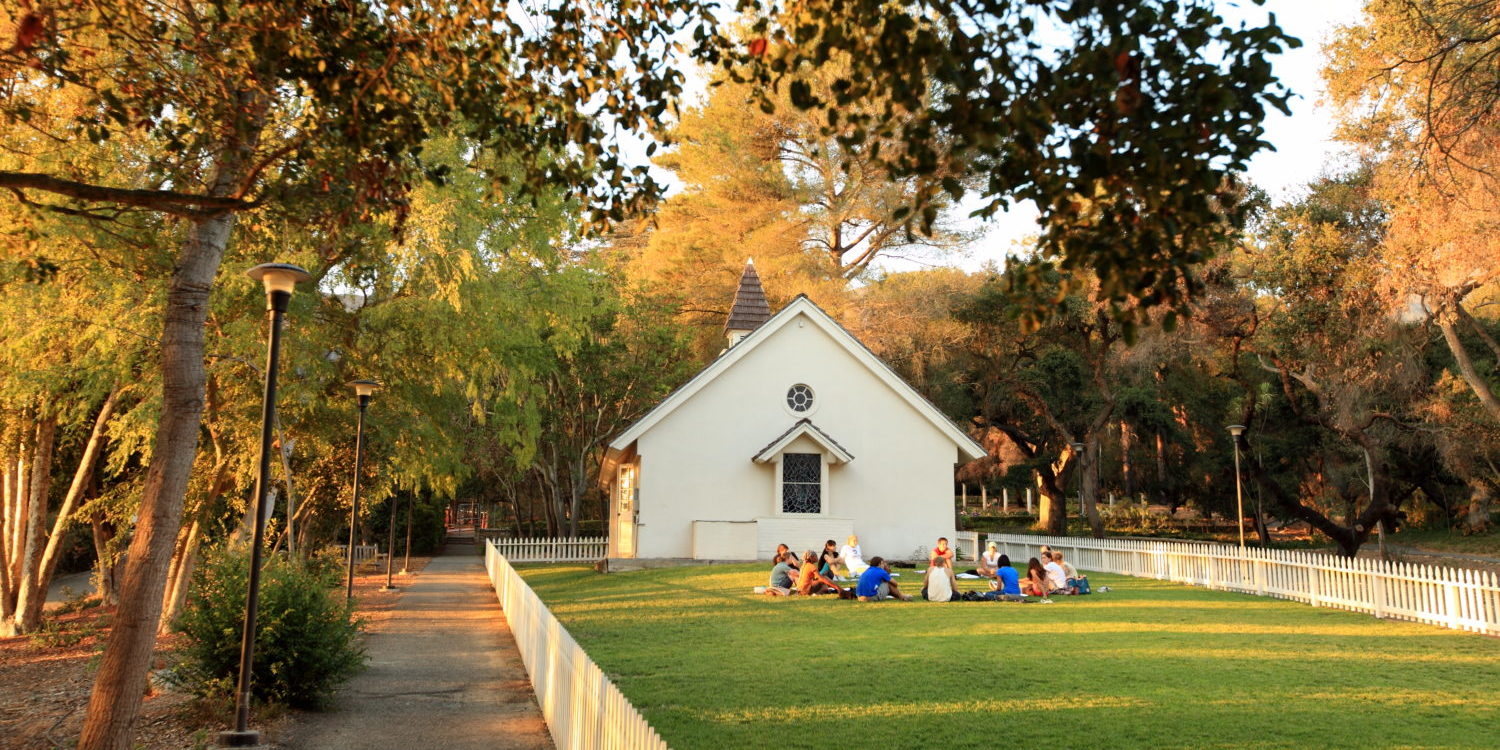Magazine

What Higher Ed Can Learn From Faith-Based Colleges and Universities
Fall 2018
David Coleman
Editor’s Note: This excerpt is from an online column first published May 31, 2018, by Christianity Today entitled, “College Board CEO: How Religious Education Helps Us Rethink the College Admissions Race.”
The best traditions of religious learning offer lessons for healthy intellectual and social development that prepare students to flourish not only while swept up in the admissions process but in the deeper challenges beyond.
First, religious education celebrates and cultivates productive solitude – the practice of being alone. We don’t need to visit a monastery to recognize the essential link between solitude, contemplation, and prayer. Today’s young people especially need productive solitude as the technology of interruption has grown to outpace the discipline of concentration.
A second powerful practice is reverent reading. Reading deeply – attending to a text with the full powers of the mind and heart – is vital to communities of faith and to academic success. C. S. Lewis describes it best when he compares reading well to looking at a work of art:
We must begin by laying aside as completely as we can all our own preconceptions, interests, and associations. We must look and go on looking till we have certainly seen exactly what is there. The first demand any work of any art makes upon us is surrender. Look. Listen. Receive. Get yourself out of the way.
A third gift of religious education is what many religious communities call “grace and gratitude.” Religious training invites us to strive with all our might while recognizing the limits of our power. A young person informed by grace and gratitude escapes the illusion that they are entirely in control of their lives. That awareness makes them less fragile in the face of failures and more grounded when successful.
David Coleman is CEO of the College Board, a mission-driven not-for-profit organization, best known for the SAT and AP Program, that is committed to clearing a path for all students to own their future.

